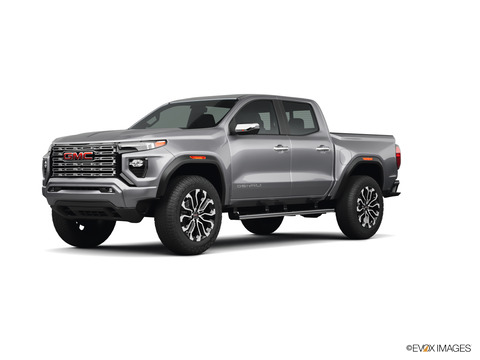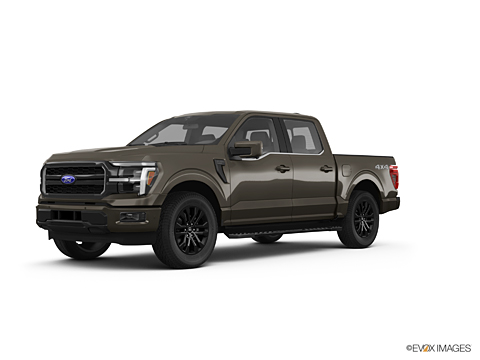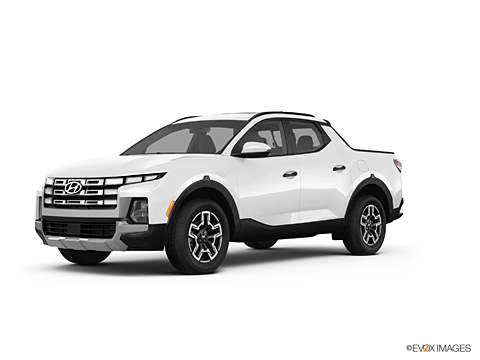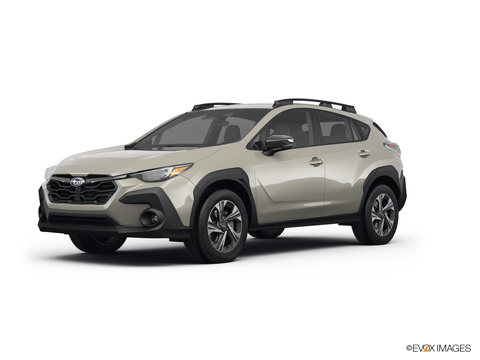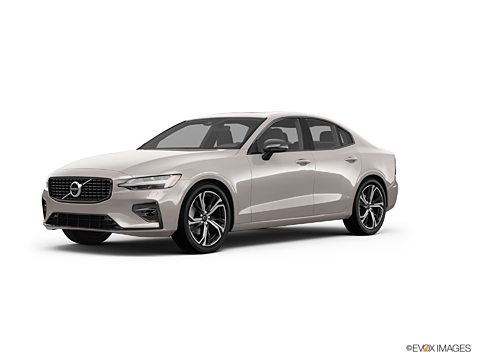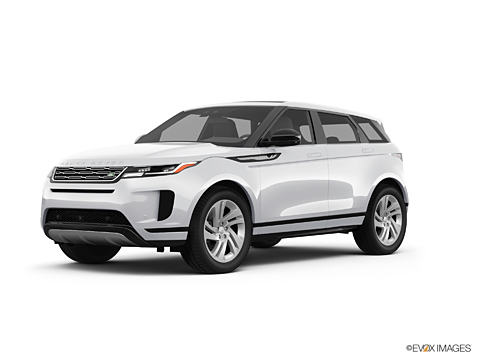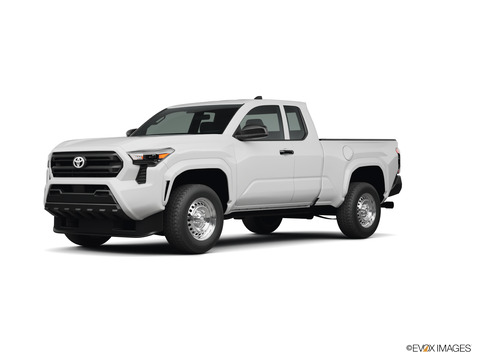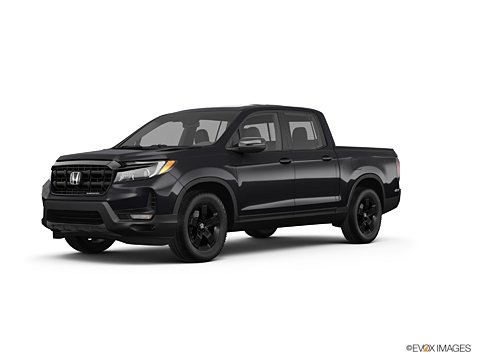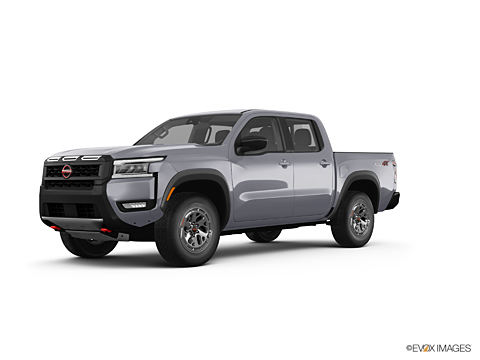
Best Trucks for Towing for 2026
The best trucks for towing are determined based on analyzing all vehicle models and their maximum towing capacities.
The best midsize truck for towing is the GMC Canyon (7,700 lbs max towing capacity) and the best full-size truck for towing is the Ford F-150 (13,500 lbs max towing capacity). Topping the list for the best small and compact trucks for towing is the Hyundai SANTA CRUZ (5,000 lbs max towing capacity), while the Ford F-450 Super Duty ranks first for the best heavy duty trucks for towing (40,000 lbs max towing capacity).
While pickup trucks are known for their wide array of capabilities, including off-road adventures, hauling heavy loads, and even offering a fair degree of luxury in their upper trim levels, a truck’s maximum towing capability is typically its most impressive specification. Unlike SUVs that have to balance passenger space and cargo capacity with towing needs, trucks have a more utilitarian focus that’s reflected in their powertrains specs, including payload capacity and tow rating.
We’ve included the max tow rating for each truck listed below, but keep in mind that achieving a truck’s highest towing capacity will often involve ordering (and paying for) a tow package. You can also increase any truck’s maximum towing capacity by adding a gooseneck or fifth wheel hitch in the center of the bed, which locates the trailer’s tongue weight directly over the rear axle to improve trailer stability. We’ve listed compact and full-size trucks below but we don’t have heavy-duty pickups like the Silverado 2500HD included in our ranking yet.
Best Trucks for Towing: Full-Size Pickups
Full-size pickups are consistently the best-selling vehicles in the U.S. market, reflecting their strong demand as both work vehicles and weekend adventure vehicles. Available as both regular cab (two-door) and crew cab (four-door) models, full-size trucks like the Chevy Silverado, Nissan Titan, Ram 1500, and Toyota Tundra have evolved into capable, even luxurious, family transportation. But they haven’t yet dethroned the Ford F-150 as the best-selling truck for the past four decades. Does Ford’s variety of configurations and powerful engines in the half-ton truck category play into its ongoing sales success? Probably. It’s available as a fuel-efficient hybrid or pure electric model in the Ford F-150 Lightning. You’ll find impressive horsepower and towing figures in both configurations, though Ford has sadly discontinued the turbo diesel engine option unless buyers step up its three-quarter ton heavy-duty truck line (known as the Ford Super Duty).
Best Trucks for Towing: Midsize Pickups
Although physically smaller than modern full-size pickups, today’s midsize trucks still offer roomy, comfortable cabins and enough towing capacity to serve many of today’s truck buyers while being easier to park and delivering superior fuel economy. You can’t get a high-torque diesel or V8 engine in this category, but you will find capable V6 and four-cylinder engines, rear-wheel and four-wheel drive powertrains, plus premium features like advanced infotainment systems and safety features. There’s even fully-electric midsize trucks like the Rivian R1T, though their starting prices are between two and three times the cost of a traditional model.
Pickup trucks come in many configurations and offer a wide range of features across trims. There are also more models to choose from than ever before, thanks to the growing compact and midsize truck lineups in recent model years. Hauling capability can also vary widely, so if towing capacity is a priority, consider the full-size haulers on this list.
Best Towing Features
While cars and minivans can be equipped with a tow hitch, and may technically have trailer weight ratings and towing ability, only trucks and SUVs are likely to have the most helpful towing features and technology. Some key features to look for when buying a vehicle for towing include:
Electronic Trailer-Sway Control: Similar to stability control for cars, trailer-sway control can sense when a trailer is sliding sideways (maybe during a sudden evasive maneuver) and counter it by adjusting the brake and throttle of the tow vehicle
Four- and Seven-Pin Trailer Connector: You need to hook up taillights and brake lights to your trailer, which use either a four- or seven-pin wiring harness; having both connectors on a tow vehicle means you’re covered for every trailer type
Integrated Trailer Brake Controller: Coordinates the tow vehicle’s brake system with the trailer’s brake system, and lets drivers adjust them to ensure the two systems work together for balanced braking between both vehicles
Tow/Haul Mode: This changes the programming for a tow vehicle’s automatic transmission settings, altering when upshifts and downshifts occur to reduce strain on the engine, transmission and brake system
Trailer Hitch Camera: Hooking up a trailer is pretty straightforward when you can see both the trailer and the hitch; some new models offer advanced guidance systems that make aligning the hitch and trailer very easy
Calculating Your GVWR When Towing
Once you’ve confirmed your towing needs consider which vehicle categories can serve them and browse the rankings below. In addition to each vehicle’s maximum towing capacity we’ve included (when available) the maximum payload, the Gross Vehicle Weight Rating (GVWR) and the curb weight for all models.
With these figures you can calculate how much total weight you can add to your vehicle, which is essentially the difference between its curb weight and GVWR. You should never exceed the GVWR, which includes the curb weight plus the weight of all passengers, cargo, and the tongue weight of your trailer. Tongue weight is approximately 10 percent of the trailer’s total weight, and it must also not push a vehicle's total weight past its GVWR.

How We Rank These Cars
The best towing vehicle lists rank vehicles by their maximum towing capacity.
The maximum towing capacity is the highest towing rating across all trim levels for a given vehicle model. In the event there is a tie, we use iSeeCars proprietary rating of the overall quality of the car (iSeeCars Score) to break the tie.
The overall iSeeCars Score is an analysis of three factors: reliability, resale value and safety. It is calculated based on the latest research and analysis by our data science team. The data analysis comes from over 12 million new and used vehicles in our Longest-Lasting Cars and 5-Year Depreciation Studies, combined with NHTSA and IIHS Safety Ratings.
Vehicles are scored in three categories:

Reliability
The reliability score represents an analysis of iSeeCars' proprietary research on the longest-lasting vehicles.

Value Retention
The value retention score is based on our data science team's statistical analysis and prediction of 5-year depreciation from MSRP to determine which cars hold their value best, using US Bureau of Labor Statistics data to adjust for inflation.

Safety
The safety score is calculated based on the last five years of crash test ratings from the National Highway Traffic Safety Administration (NHTSA) and incorporates the latest Top Safety Pick information from the Insurance Institute for Highway Safety (IIHS).

